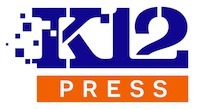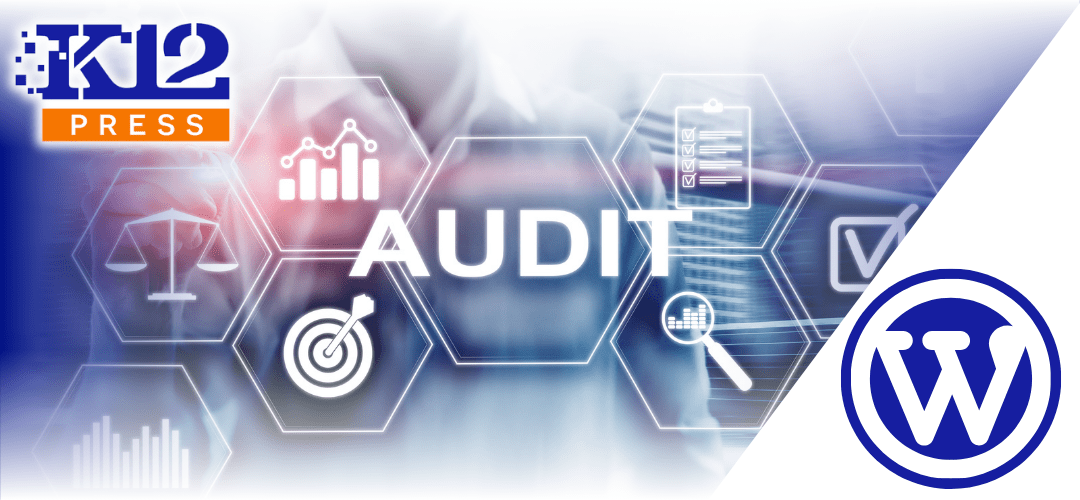Maintaining an up-to-date and fully functioning website is not just about providing information; it’s about ensuring performance, security, and compliance. Regular school website audits are crucial in managing these aspects effectively. This post explores why schools need to conduct these audits and how K12Press supports this essential activity.
Why Conduct School Website Audits?
1. Ensuring Compliance and Accuracy: School websites often contain a vast amount of information that needs to be accurate and compliant with educational standards and regulations. Regular audits help ensure that content like PDFs, contact information, and mandatory disclosures are current and meet legal requirements.
2. Enhancing Website Security: Security audits are vital for protecting sensitive information related to students, staff, and school operations. These audits help identify vulnerabilities that could be exploited by cyber threats, ensuring that personal data is protected against breaches.
3. Improving Website Performance: Performance audits focus on how well your school’s website functions. This includes loading speeds, mobile compatibility, and user interface efficiency. Optimizing these factors ensures a better user experience and supports SEO efforts.
4. Updating Outdated Content: Schools often experience changes in staff and policies. Regular content audits ensure that outdated documents, old branding elements, and obsolete information are updated or removed, keeping the school’s public image professional and current.
K12Press’s Role in Facilitating School Website Audits
K12Press offers specific tools and services that aid schools in conducting these essential audits:
Free ADA Compliance Audit: Accessible at K12Press ADA Compliance School Website Audit, this audit ensures your website meets accessibility standards, which is crucial not only for inclusivity but also for compliance with legal standards.
Local SEO and Google Business Profile Audit: Available at K12Press Local SEO Google Business Profile Audit, this tool helps schools manage their online presence effectively, ensuring that they are easily discoverable and correctly listed in online searches.
Best Practices for Conducting School Website Audits
1. Schedule Regular Audits: Plan for at least bi-annual audits to keep your website in optimal shape. This regularity ensures that issues are identified and addressed promptly.
2. Involve Stakeholders: Engage various school stakeholders in the audit process, including IT staff, administrators, and teachers, to gain diverse insights into what needs improvement.
3. Document and Act on Findings: Keep detailed records of audit findings and the actions taken to address them. This documentation is crucial for tracking progress and ensuring accountability.
Conclusion
Regular school website audits are a non-negotiable aspect of school website management. They ensure that the school’s digital presence is not only compliant and secure but also dynamic and engaging for its community. With tools and support from K12Press, schools can easily manage these audits, ensuring their websites serve as effective digital hubs for education and communication.
Interested in improving your school’s website compliance and performance? Visit K12Press for tools and expert guidance on conducting thorough website audits: Visit K12Press.














